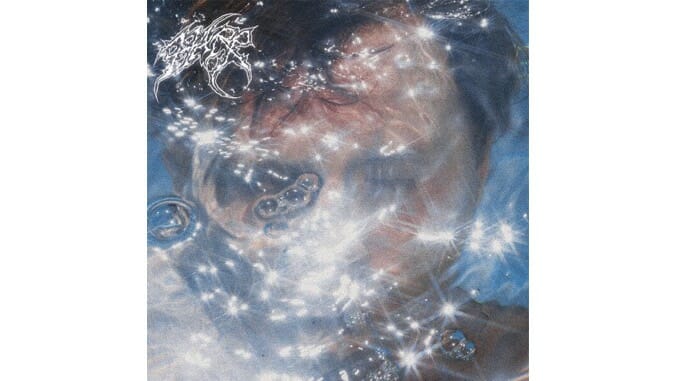PENDANT Paints a Cathartic Portrait of Grief on Harp
On his Saddle Creek debut, songwriter/producer Chris Adams takes the listener on an adrenaline-soaked joyride from devastation to absolution

Unable to access the kinds of spaces he’d used to record his previous album as PENDANT, Through a Coil, and thus unable to replicate its guitar-based, rock-inspired sonic palette, Los Angeles songwriter Chris Adams was forced to shift his usual creative approach. This ended up being something of a blessing in disguise, as it afforded him the ability to take his already-refined musical techniques into a sphere in which he could operate with a beginner’s mind, embracing synthesizers to form a singular world.
Throughout Harp’s 13 tracks, Adams demonstrates a respect and appreciation for the art and history of electronic music. At times, the album feels like taking a tour through the discographies of the genre’s most iconic practitioners—like on the exuberant “Rights For An Angel,” which functions as a not-so-subtle tribute to the legendary Burial, but with the undeniable injection of Adams’ aesthetic eye and talent that livens the track to stadium-sized heights. Similarly, it’s hard not to hear the influence of Human After All-era Daft Punk or early Justice in the striking chords of “Latex Heart” or the vocoded crooning vocals on “Eventless Horizon.” Wherever Adams chooses to let his influences shine through on the album, he juxtaposes these impulses with his own deft hand, leading to wonderfully unique results that usher his references into the modern age.
PENDANT’s penchant for exploring the most extreme human sensations through his music invariably lead to the album’s strongest moments. “Static Dream,” an imaginative mixture of raucous drums and hypnotic melodies, masterfully grips the listener through its journey of tension and release. Endlessly catchy, with captivating, textural production, the track squarely places the listener in the finite space between life and death, as Adams repeats, “I saw it all till I saw nothing / Through another static dream.” Fellow standout cut “LED Headrush” accomplishes a similar result, but is backed by breakbeats and bright analog synths that collapse into a sort of bittersweet euphoria—successfully accomplishing the feeling of looking down a hall of infinite mirrors and finding something truthful within that image.
-

-

-

-

-

-

-

-

-

-

-

-

-

-

-

-

-

-

-

-

-

-

-

-

-

-

-

-

-

-

-

-

-

-

-

-

-

-

-

-








































